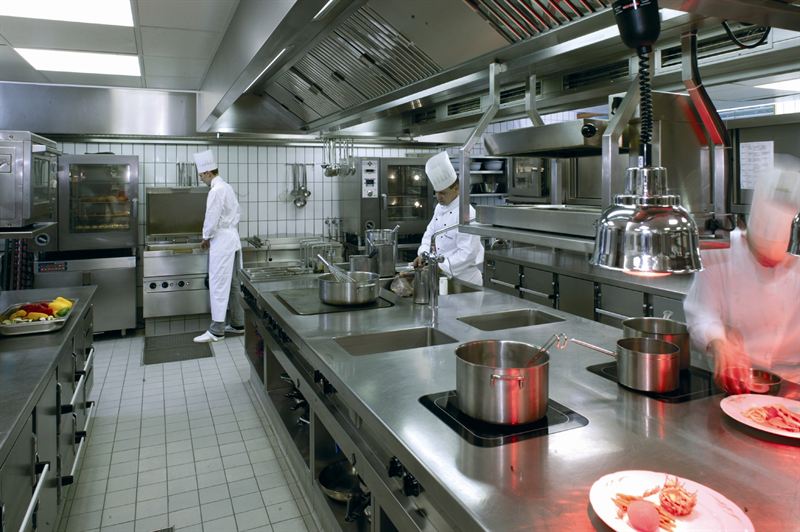How the foodservice industry can save £114m a year

Carbon Trust’s catering equipment energy calculator software, developed in association with CESA, aims to cut emissions by 566,000 CO2e tonnes
A new software tool will tell caterers how much energy they use, and how much they could save by changing equipment and improving working practices. The Lifecycle Carbon Calculator has been developed by the Carbon Trust in association with CESA, the Catering Equipment Suppliers Association. The work has been funded by DEFRA; the FCSI and CEDA have also been involved in the project.
The calculator is still under development but the initial version is planned to launch in May to key group operators ahead of a full launch in the Autumn. It is anticipated that early adopters will be offered a free upgrade to an enhanced version of the software.
The basic programme uses a site’s data and puts it through a sophisticated spreadsheet to work out the energy use, taking account of a wide range of parameters, including the equipment, menu and hours of operation. The operators can then change parameters to see the impact on energy use, for example, by replacing gas or electric hobs with induction units or switching from electric to gas combi steamers. The software can also take account of working practices, to show how changes will improve energy efficiency in this area.
The Carbon Trust is already working on enhanced versions of the software, which will be able to take account of, for example, multiple food prep strategies and optimised kitchen design.
“The calculator will have a huge impact on the way operators, designers and specifiers plan and manage commercial kitchens in the UK,” says Nick Oryino, chair of CESA. “It will help the industry cut carbon emission and running costs. We expect it to have a ready market amongst larger operator groups, such as restaurants and hotels, as well as equipment distributors and consultants.”
The calculator tackles the huge issue of the foodservice market’s carbon emissions. For example, by training staff in best practise procedures for cooking and dishwashing equipment, the industry’s costs could be reduced by £35million and carbon emission cut by 173,000 CO2e tonnes, per year. Replacing refrigerators with ETL (Energy Technology List) standard models will save £13million and 56,600 CO2e tonnes annually. Total potential savings for the industry amount to £114million and 566,000 CO2e tonnes per year. (Figures based on the Carbon Trust’s Industrial Energy Efficiency Calculator: Contract Catering Sector Guide).
“This size of the prize is exceptional – the Lifecycle Carbon Calculator is a first step to helping us achieve it,” says Nicky Oryino. “It will make us a more efficient and more environment-friendly industry.”
The Catering Equipment Suppliers Association (CESA) is the authoritative voice of the catering equipment industry, representing over 170 companies who supply, service and maintain all types of commercial catering equipment - from utensils to full kitchen schemes. For more information on CESA visit www.cesa.org.uk
Copy ends
Lifecycle Carbon Calculator.docx – Mar-13
Press Enquiries:
Toni Turner or Alison Haynes at The Publicity Works:
01263 761000; cesa@publicityworks.biz
For more news about CESA visit the press office at www.publicityworks.biz
Keith Warren, CESA: 020 7793 3030
Separations charge enquiries: CESA does not have a budget for seps charges.
Follow CESA on Twitter Facebook and Linked In
Tags:


